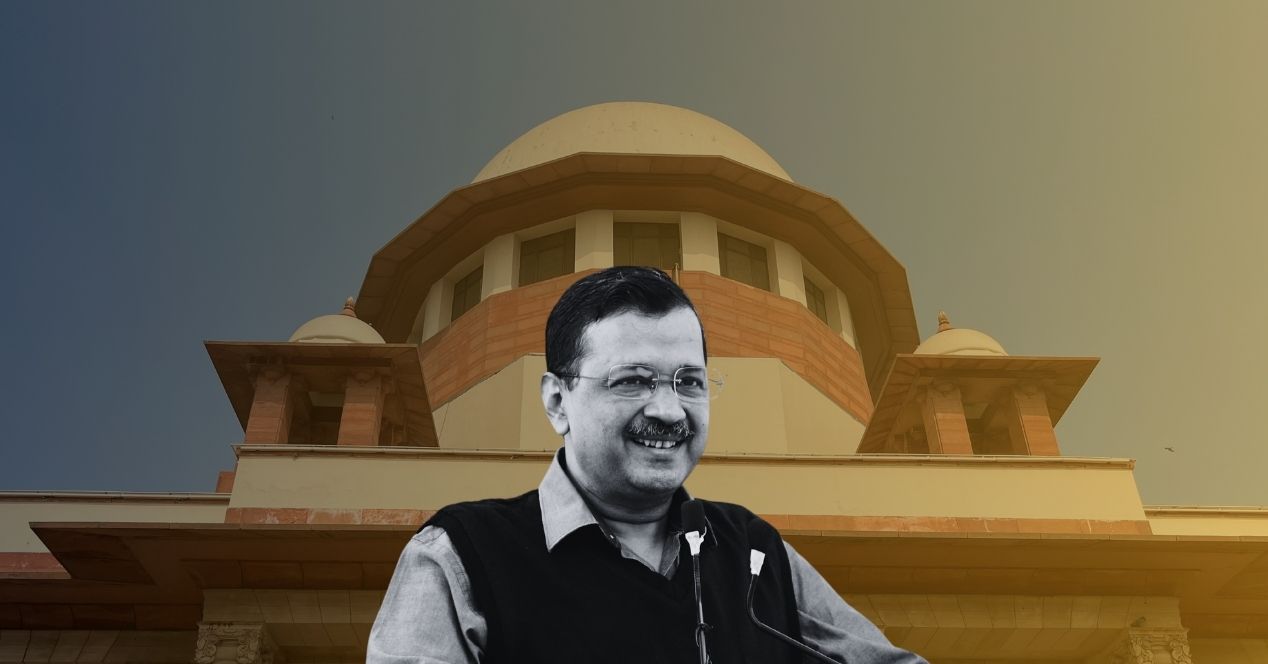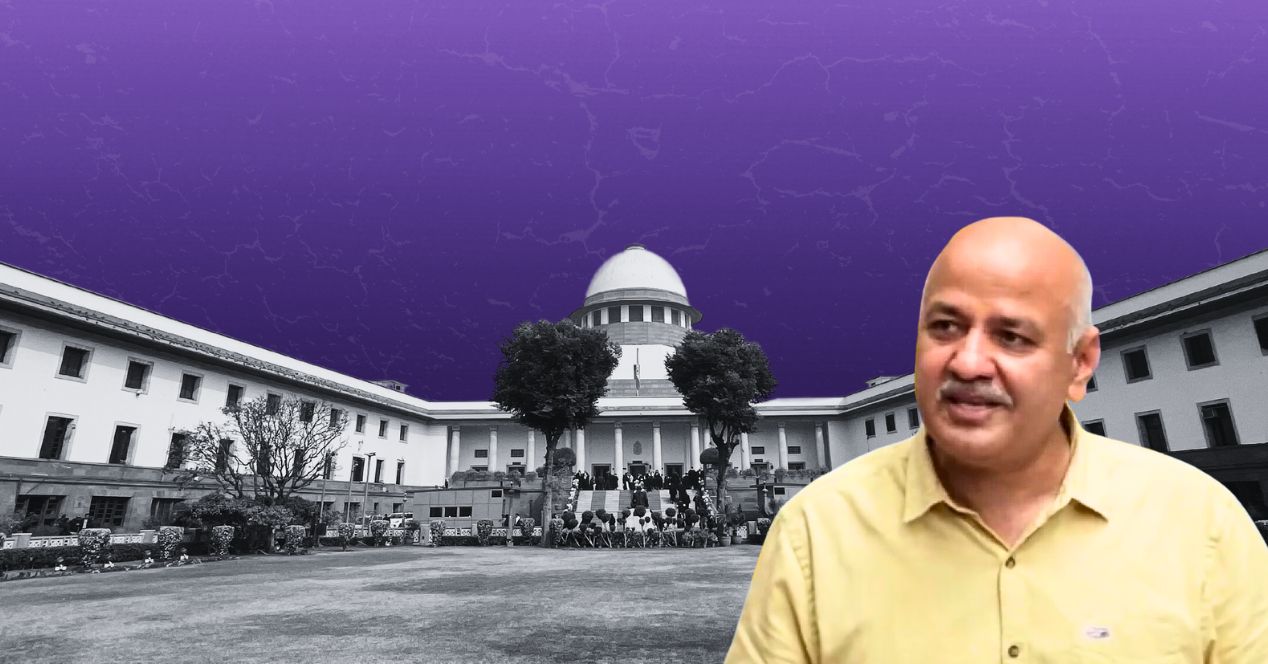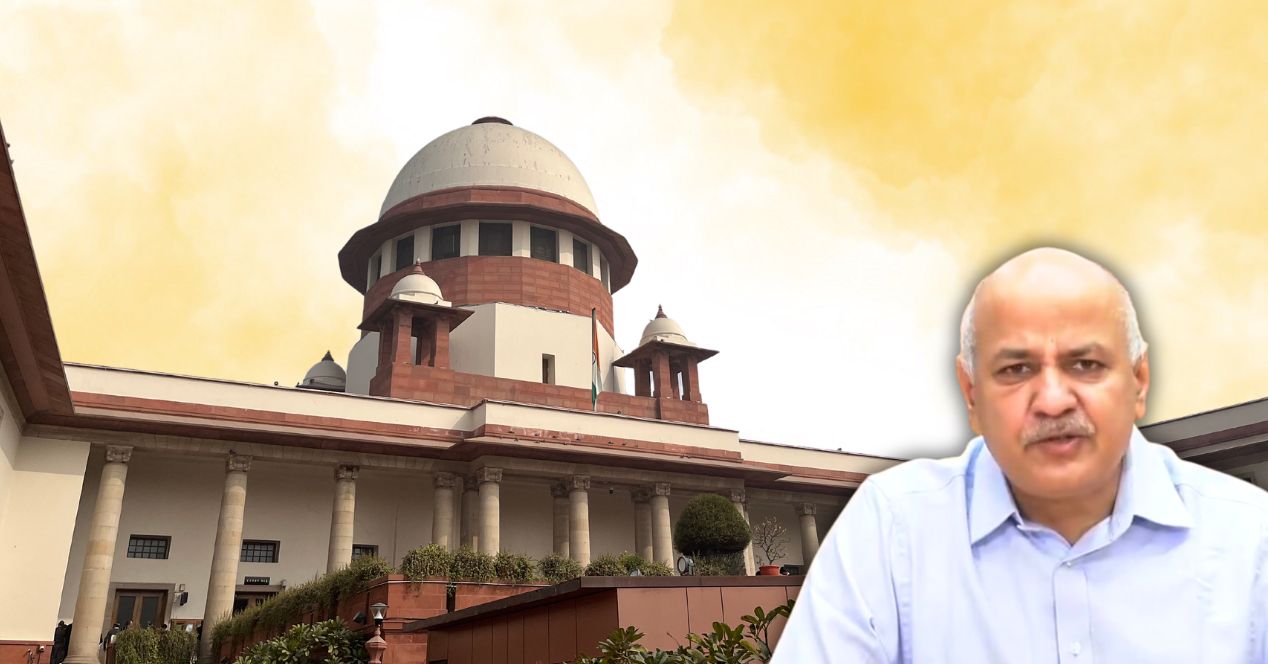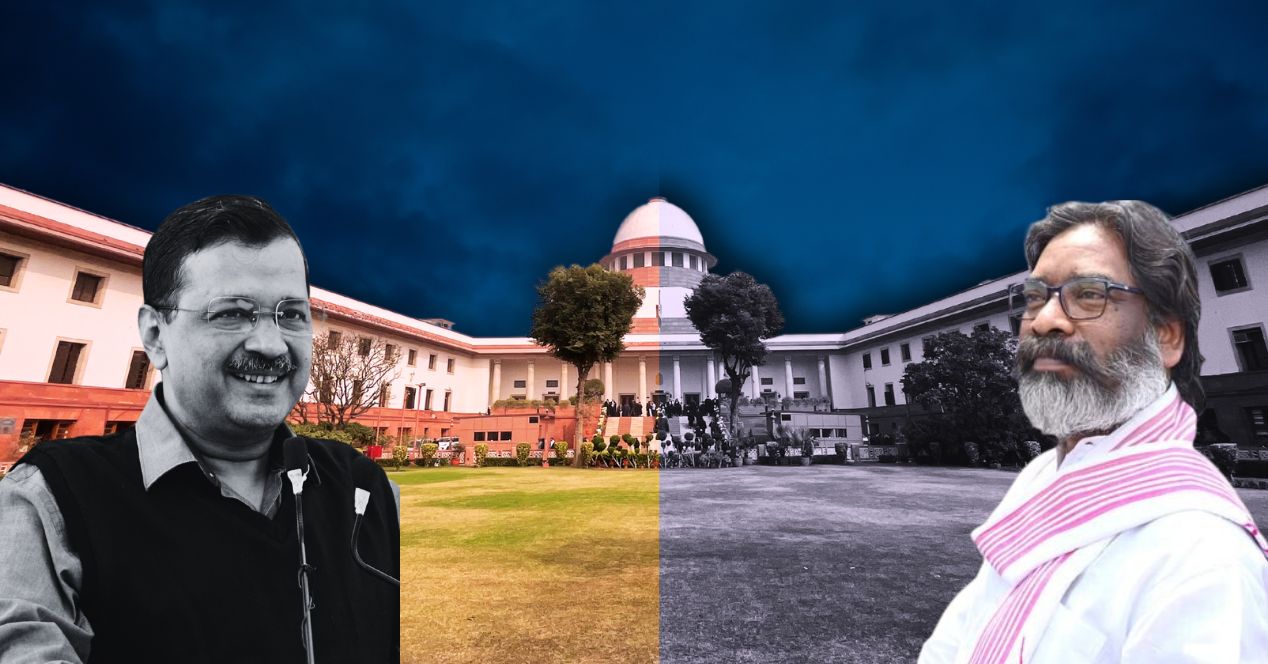Analysis
Supreme Court refuses interim bail to Arvind Kejriwal in CBI’s corruption-related arrest
Kejriwal’s counsel argued that the CBI’s last minute arrest was like an “insurance arrest”
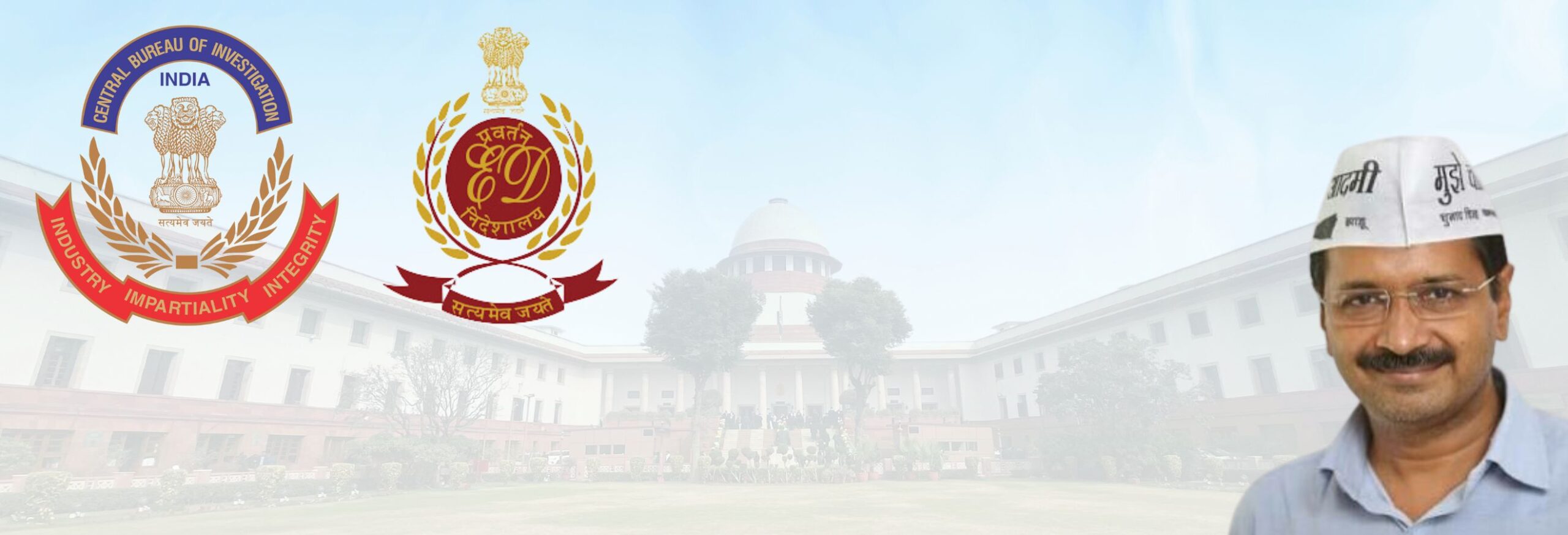
After 50 days of his second arrest by the Central Bureau of Investigation (CBI) on corruption charges under the Prevention of Corruption Act, 1960 (PCA) connected to the Delhi liquor policy scam, Delhi’s Chief Minister and Aam Aadmi Party leader Arvind Kejriwal approached the Court today seeking interim bail.
In a brief hearing today, a Division Bench of Justices Surya Kant and Ujjal Bhuyan turned down Kejriwal’s plea for interim bail. Kejriwal was first arrested for his alleged involvement in the liquor policy case by the Enforcement Directorate (ED) on 21 March 2024. On 12 July 2024, a bench of Justices Sanjiv Khanna and Dipankar Datta had granted interim bail to Kejriwal in the ED’s case. The Court had noted that the power of judicial review exists over the validity of arrest under the Prevention of Money Laundering Act, 2002 and referred the question of legality of Kejriwal’s arrest to a larger bench. It also noted that until the legality of arrest is not determined by the larger bench, Kejriwal should be out on interim bail. Despite the bail order, Kejriwal remained in prison because of his arrest by the CBI on 26 June 2024.
Singhvi: Three favourable bail orders in the ED arrest already
Today, Senior Advocate Abhishek Manu Singhvi, appearing for the AAP leader, ran the Court through the various bail orders in favour of Kejriwal till now. He recalled the top Court’s detailed order of 12 July in regard to the ED arrest. He also recalled an order by the same bench of the Supreme Court that had delivered interim bail to Kejriwal on 10 May 2024 in regard to the ED arrest. At that time, considering the “intervening factor” of the upcoming Lok Sabha elections, the Court had granted interim bail till 1 June 2024. Singhvi also apprised the Court of a regular bail order in favour of Kejriwal granted by the Rouse Avenue Courts, Delhi on 20 June 2024. The order had drawn an inference that the “investigating agency” was “not acting without bias.”
However, five days after this order, the Delhi High Court had “orally” stayed the trial court order noting that it had not gone through all the material presented by ED, and thus there was “perversity” in the order.
Singhvi explained that hearings at the High Court with regards to the interlocutory stay on the regular bail order is at the final stage. He stated that the CBI’s arrest was essentially tactical in nature.
Singhvi: CBI’s move was an “insurance arrest”
Singhvi reminded the Court that Kejriwal was interrogated by the CBI on 16 April 2023. That day, the Delhi Chief Minister was grilled for over nine hours by the agency.
“You do not have any further action till March 24, when the ED arrests [Kejriwal],” Singhvi remarked, “and just on the cusp of the order (of interim bail of 12 July) coming up, [Kejriwal is] arrested in June.”
For what he was about to say next, Singhvi expressed regret to the Court in advance, explaining that this was the official position the Aam Aadmi Party had taken everywhere, “This particular arrest (by the CBI) is what might be called an insurance arrest.”
The judges discussed in whispers. When Singhvi interjected after a spell of silence that Kejriwal was seeking an interim bail today, Justice Kant retorted that the Court would not grant that prayer today. Quickly Singhvi prayed that the date for the regular bail hearing be listed soon. He explained that since the CBI’s arrest was under the PCA, the stringent bail conditions in the form of the triple test under Section 45 of the PMLA would not be required to be fulfilled to seek regular bail. In any condition, Kejriwal had already successfully gotten bail on three occasions by then despite Section 45’s draconian conditions.
The bench listed the case on 23 August 2024.

